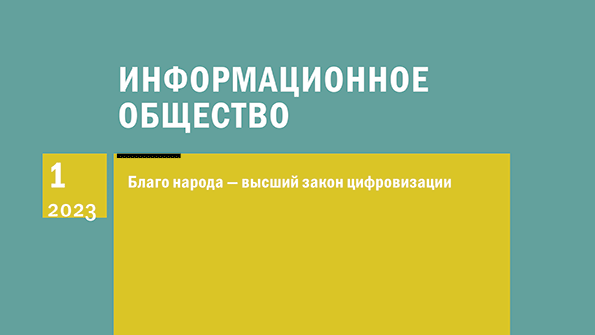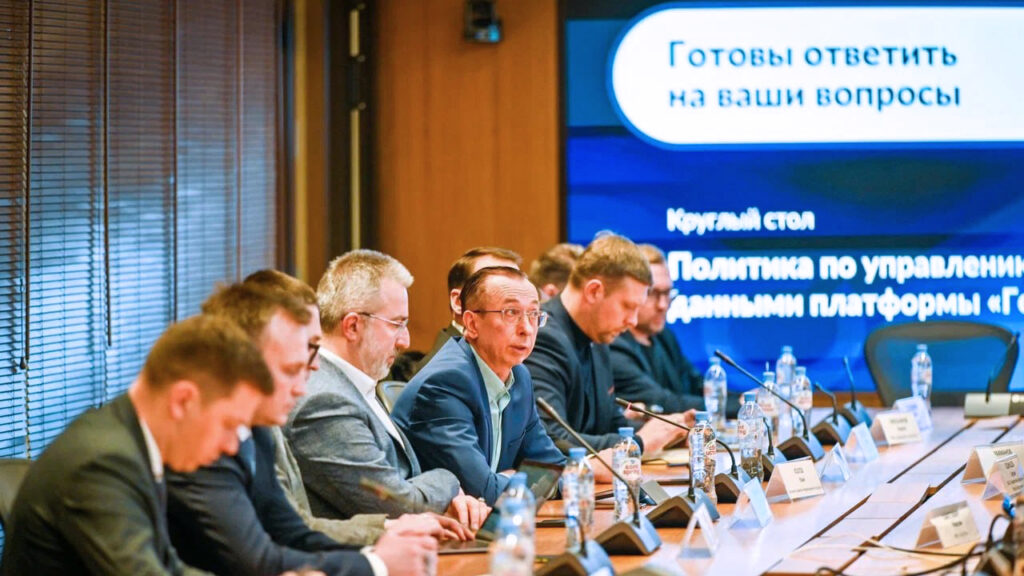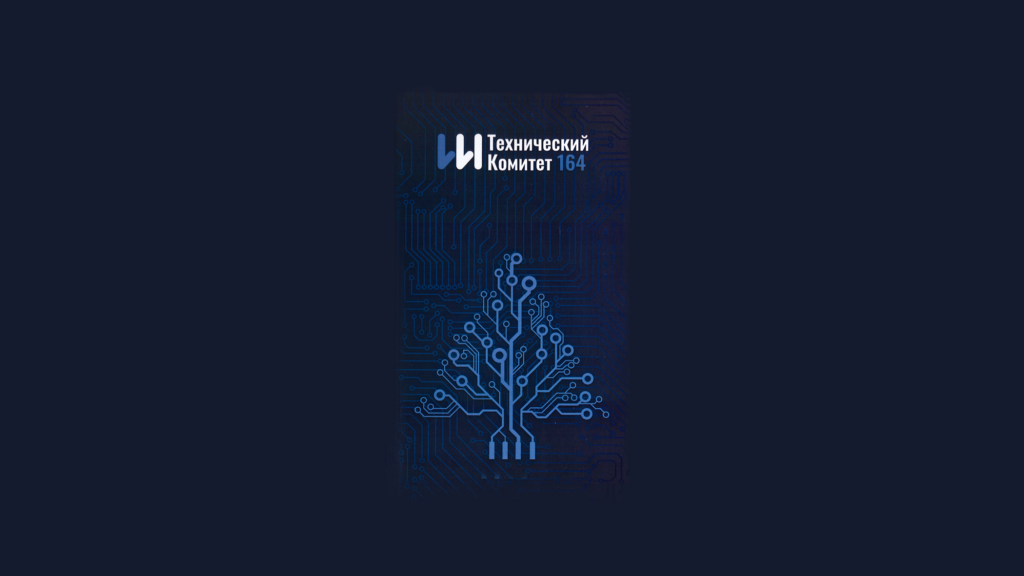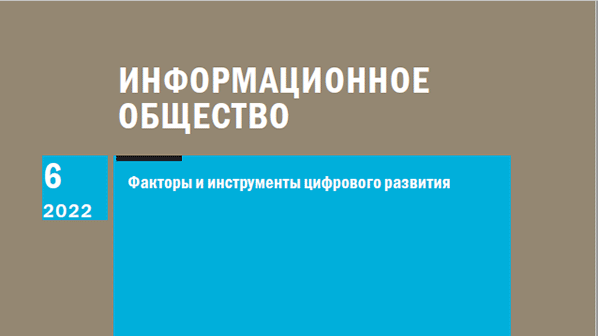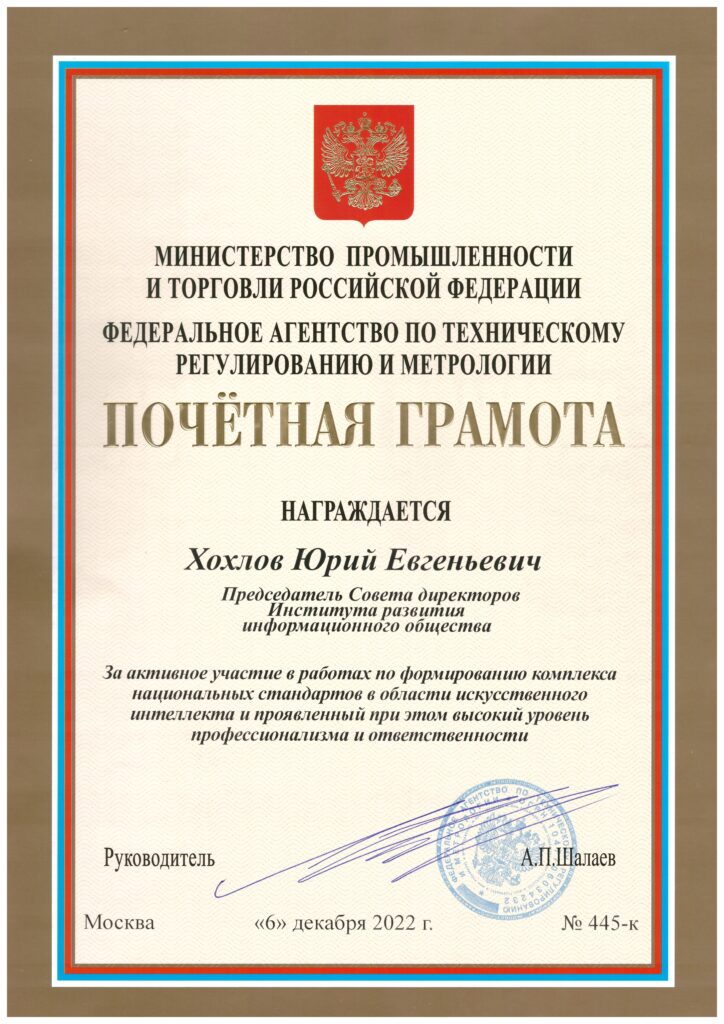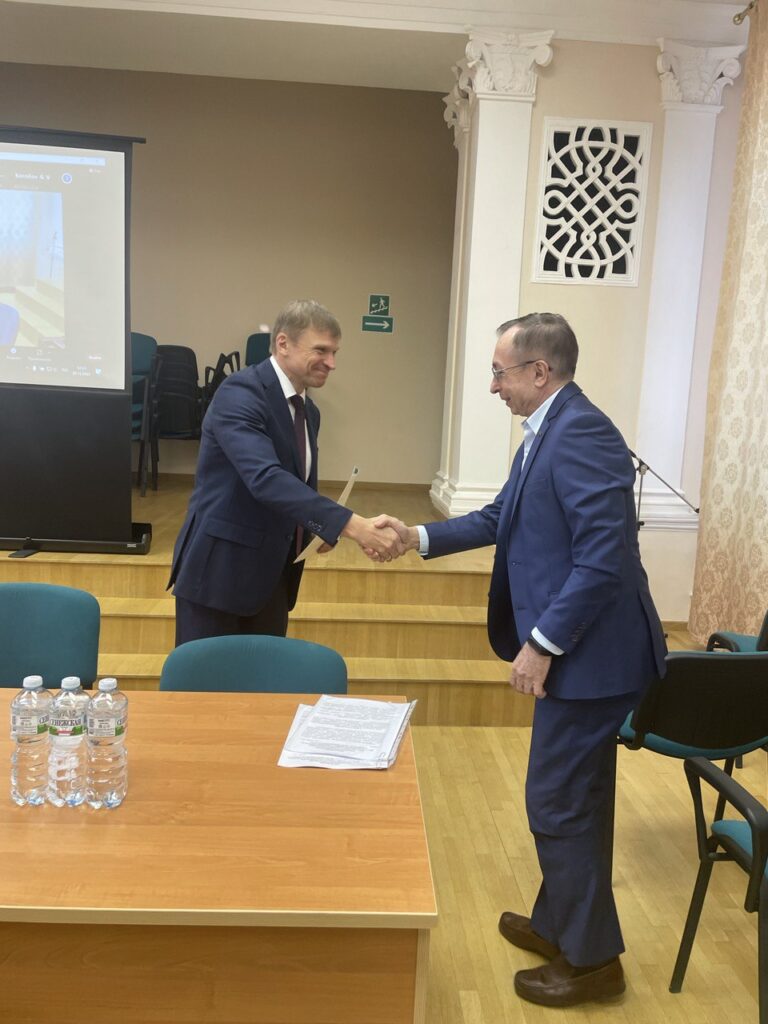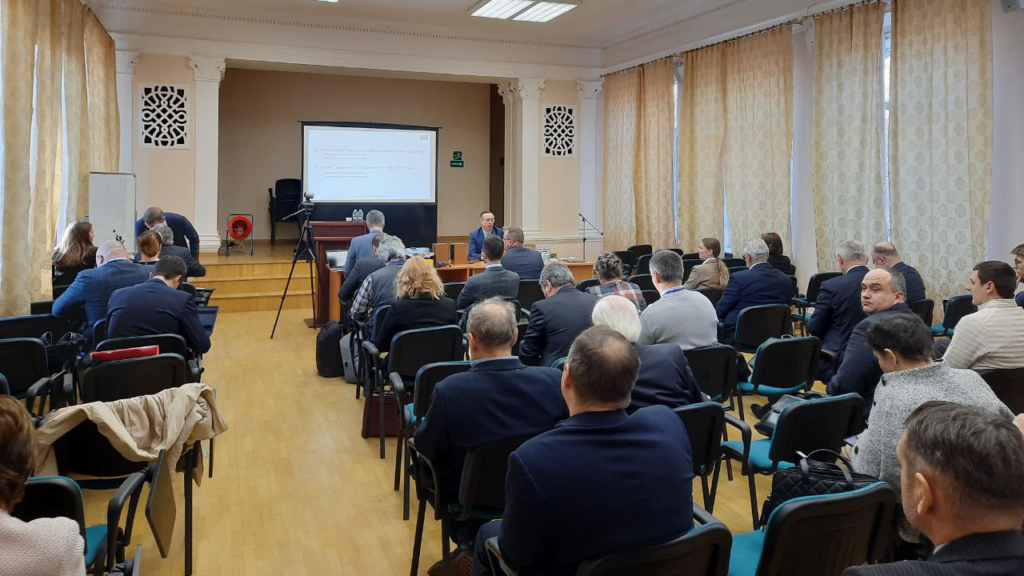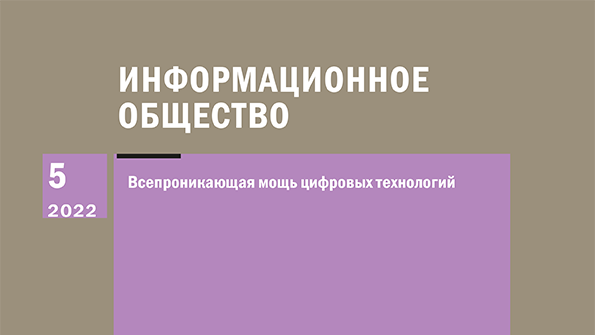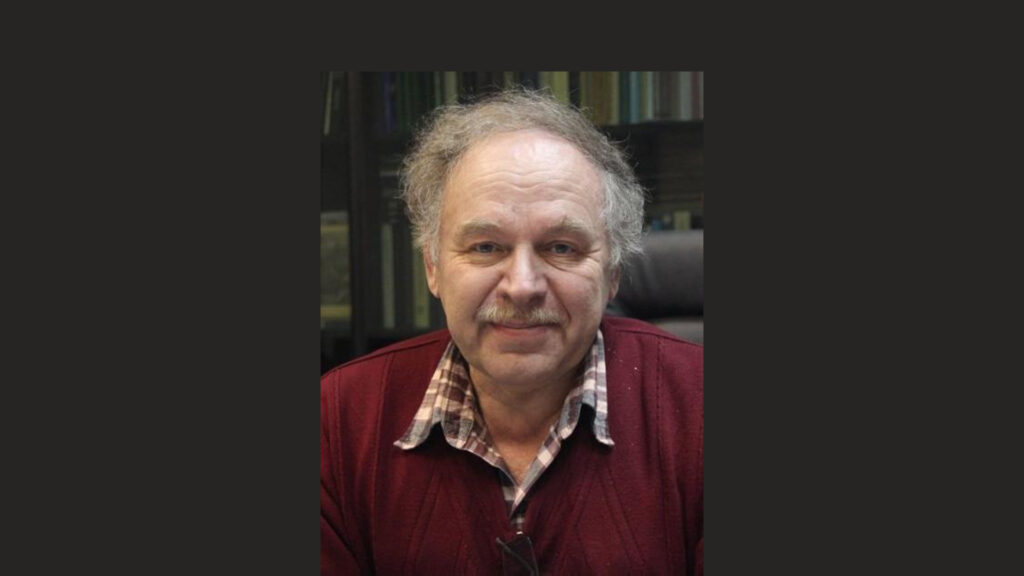The issue was released under the general theme “The public good is the highest priority of digitalization”.
In her address to readers, the editor-in-chief of the journal Tatiana Ershova wrote:
Political events greatly affected the work of publishing the journal. In response to Western sanctions against Russian scientists, the well-known government decree No. 414 of March 19, 2022 “On some issues of the application of requirements and target values of indicators related to publication activity” was issued, in which, until December 31, 2022, the requirements for the presence of publications indexed in the international databases Web of Science and Scopus, as well as the target values of the corresponding indicators were canceled. By new resolution No. 1655 of September 19, 2022, the specified period was extended until the end of 2023.
Almost the next day after the March decision, the life of our peaceful journal, which since 1999 published six to seven articles once every two months, changed dramatically. If earlier we turned to well-known authors with a request to write an article for a journal, or well-known people recommended trusted and highly respected scientists and experts, now everything has changed. We were literally overwhelmed by the flow of materials “from the street”. And it is clear why: the journal “Information Society” is old, reputed and respected in the field of information and communication technologies. In addition, articles here have always been published free of charge, and we, firmly professing the principle of open access to science, were not at all going to turn into businessmen.
The monstrous flow of texts baffled the editors: many of the materials were of unacceptable quality and immediately went to the wastebasket, many were interesting and useful, but required improvement, sometimes serious. And only a small part was of high quality and was accepted with gratitude. The big problem was the slovenliness of the submitters of manuscripts, who did not take the trouble not only to strictly follow the requirements of the Guidelines for Authors, but even to read them to the end. Things got to the point that over the past year 35% of the proposed materials were rejected – unprecedented! Moreover, 16% were rejected immediately, and 19% after the review. But the editors and our distinguished experts worked with each of them, wasting precious time. I even posted a call on the journal’s website to respect the journal and the time of staff and reviewers, but it seems to have only been read by conscientious authors who didn’t need it at all. So I didn’t achieve the result, and, perhaps, even offended good people.
What now? The editorial portfolio is jam-packed with hundreds of pieces. Reviewers who work unpaid for the benefit of science are groaning with overwhelm. Accepted articles – both of very high quality from the very beginning, and brought to the required condition after revision – have accumulated right up to the fifth issue, which will be released only on October 31. The number of articles in the issue has already doubled, but at the same time, a long queue has formed, the authors constantly write and call, we barely have time to issue certificates of acceptance of articles for publication. The editorial board, as they say, “sheathed”, even technical errors began to appear.
We are well aware that this cannot continue, and now we are at a crossroads: to return to the elite past with exclusive materials, or to turn the editorial office into a commercial enterprise. The latter is not very organic for us, so the choice of such a scenario is not easy. However, the year has begun. Let’s see how it turns out…
